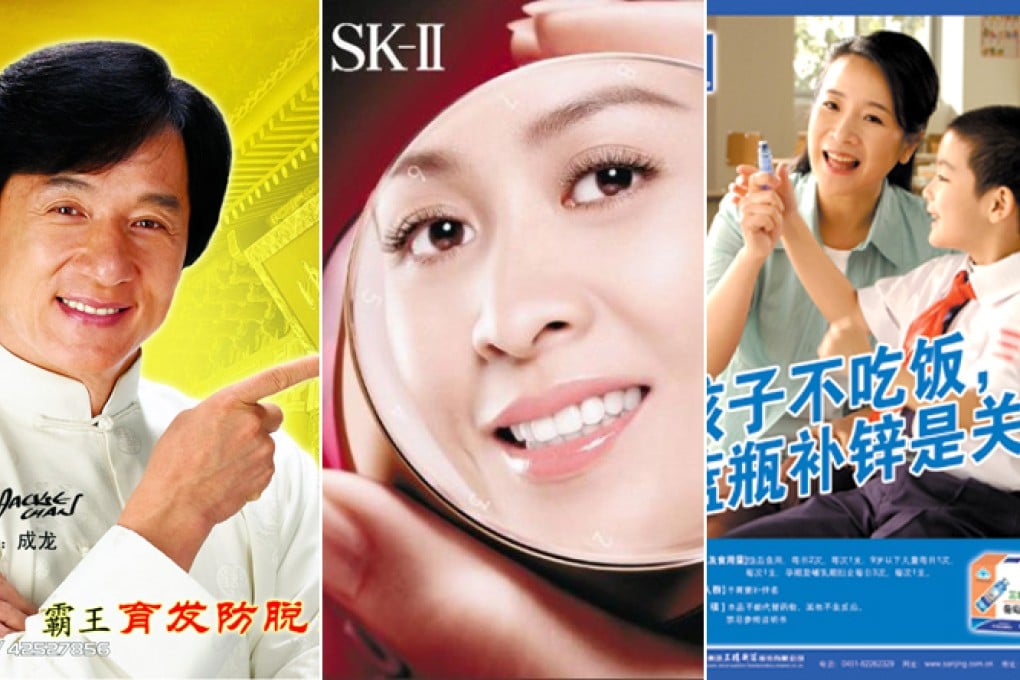Celebrity endorsements under scrutiny as China steps up consumer protection

When Hong Kong actress Carina Lau Kar-ling endorsed the luxury Japanese skincare brand SK-II in 2006, she said in the commercial that after using the product for 28 days, lines and wrinkles would be reduced by 47 per cent. That magical skincare product was later found to contain chromium, neodymium and other harmful chemical substances. But rather than apologise for the endorsement, Lau simply walked away.
Like Lau, many celebrities have promoted products in China they have never tried or cannot vouch for. When scandal ensues, they don’t have to take any responsibility for their role in promoting the product, despite pocketing enviable sums.
Video: Celebrities in misleading commercials
This is set to end after China passed a new revision of the Law on Protection of the Rights and Interests of Consumers on Thursday, which states that legal liability will extend to celebrities appearing in misleading commercials as well as media that broadcast them.
This is the first major revision to the 20-year-old law. Among all the amendments, the joint liability on misleading commercials has attracted the most attention.
“The owners of the products or service providers, advertising agencies, designers, production teams, factories, sales companies and various media that host the misleading ads will all share responsibility,” Huang Jianhua, an official at the State Administration of Industry and Commerce, said in an evening news programme on China National Radio.